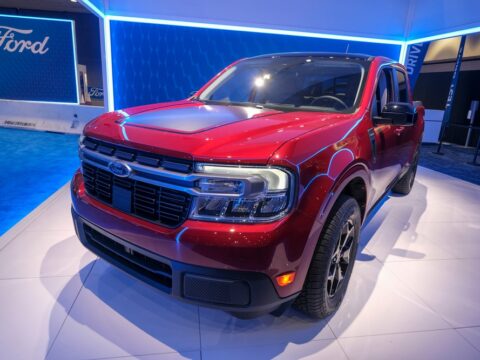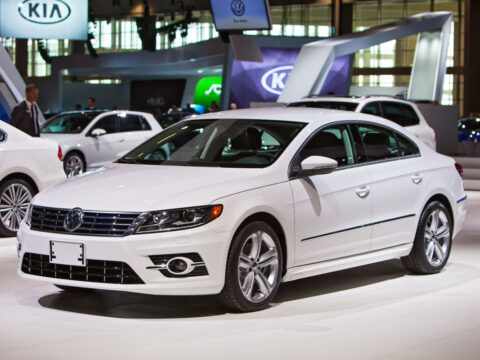In the ever-changing world of luxury cars, some sedans that were once the pinnacle of elegance and innovation have seen their values drop significantly over the years. While they may have once commanded a hefty price tag, various factors like reliability issues, market shifts, and advancing technology have caused these once-coveted models to depreciate. Here’s a look at 17 luxury sedans that have experienced a steep decline in value.
Contents
Jaguar XJ
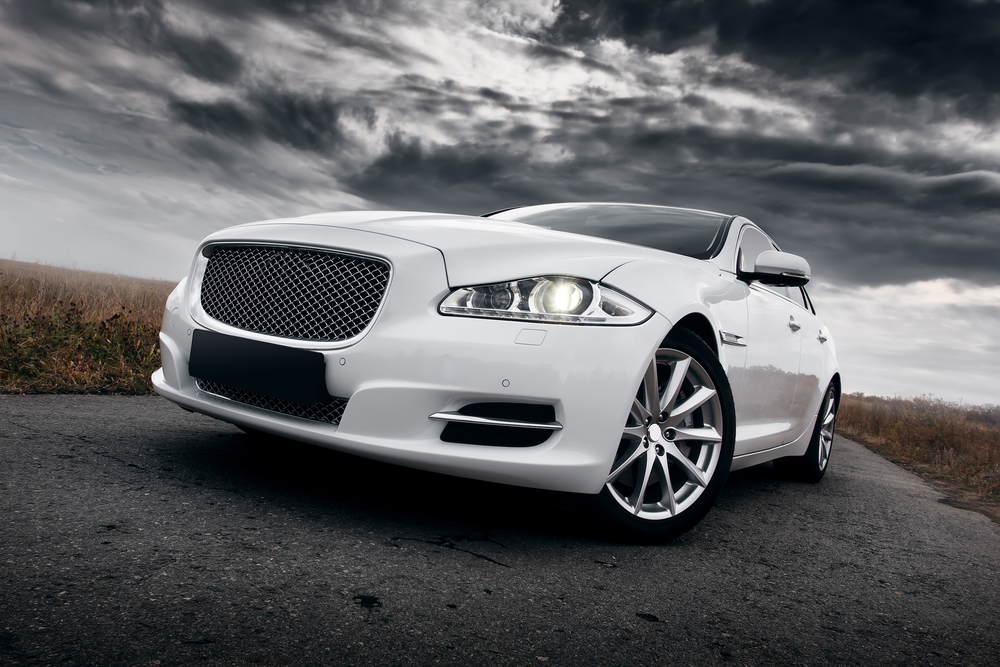
Once celebrated as the pinnacle of British luxury, the Jaguar XJ commanded attention with its sleek design and advanced features. However, its reputation has been tarnished over time due to recurring reliability issues, particularly with its electronics and air suspension. As the luxury market shifted towards SUVs, the XJ struggled to maintain its appeal, resulting in a significant drop in its resale value.
BMW 7 Series (E65/E66)
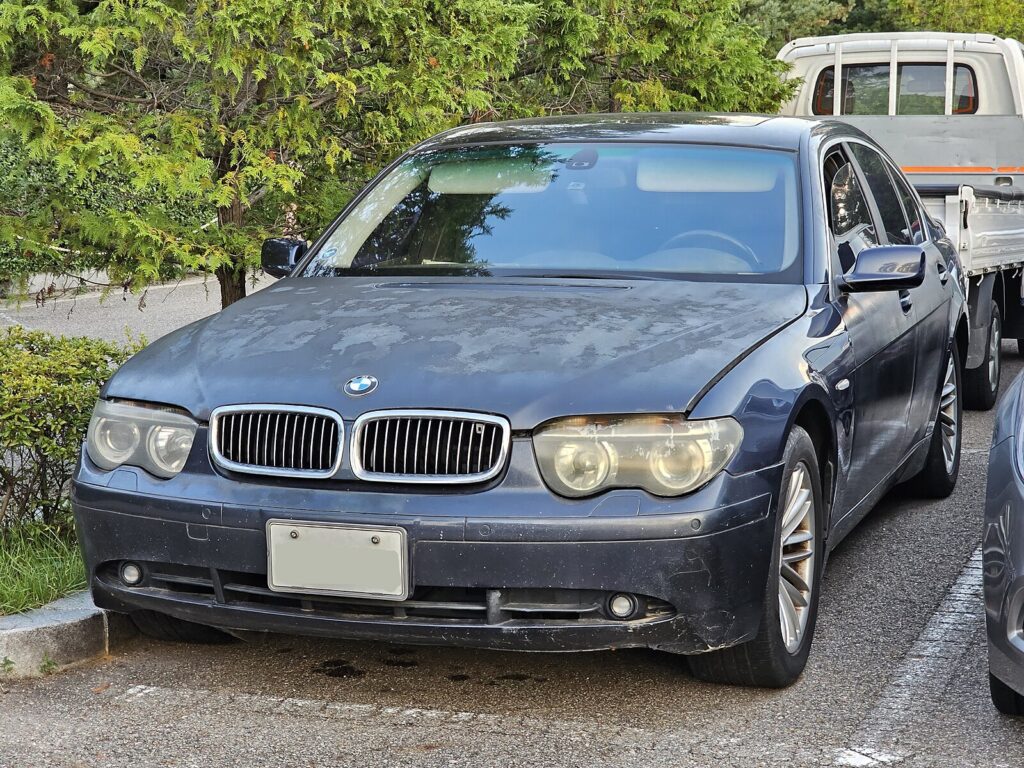
When the E65/E66 BMW 7 Series debuted, it made waves with its bold design and pioneering technology. Unfortunately, these innovations came at a cost, as the complex electronics and early iterations of the iDrive system became notorious for their unreliability. High maintenance costs and the market’s preference for more recent models have caused this once-premium sedan to depreciate rapidly.
Mercedes-Benz S-Class (W220)
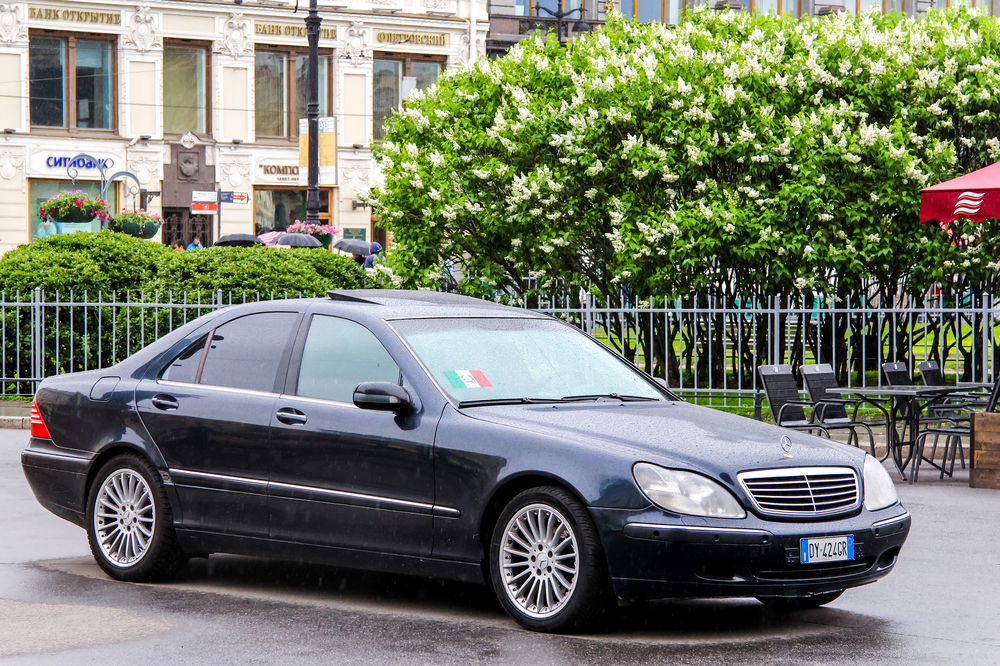
The W220 S-Class, once a symbol of automotive excellence, offered cutting-edge features that were ahead of their time. Despite this, the car’s susceptibility to rust and costly air suspension failures have overshadowed its luxury appeal. Consequently, the W220’s resale value has plummeted, making it a less desirable choice in today’s market.
Audi A8 (D3)
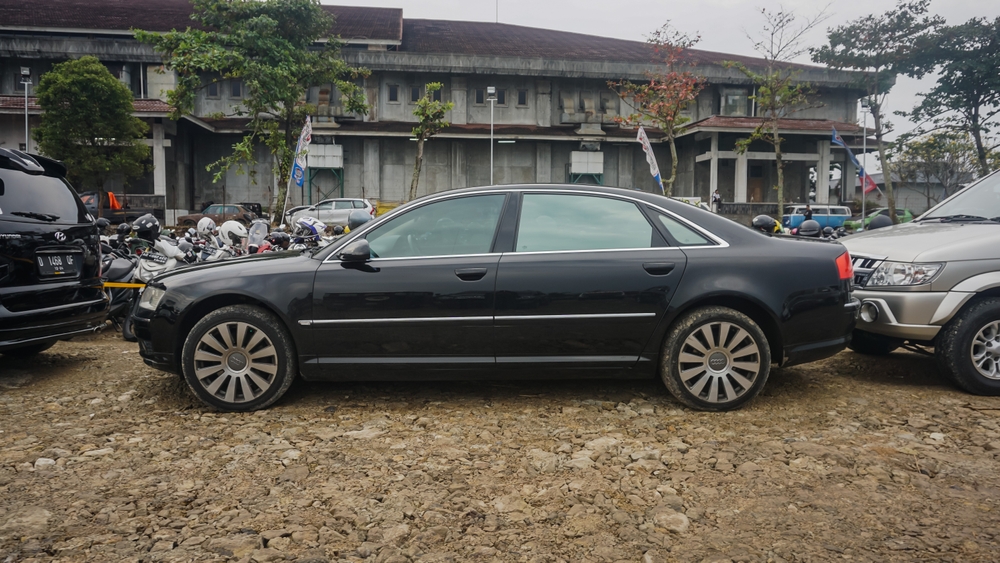
The Audi A8 D3, known for its lightweight aluminum construction and Quattro all-wheel drive, was a technological marvel in its heyday. Over time, however, its intricate engineering has led to high repair costs, especially concerning its electronics and air suspension. As buyers gravitate towards newer, less complex vehicles, the A8 D3 has seen a sharp decline in value.
Lexus LS 460
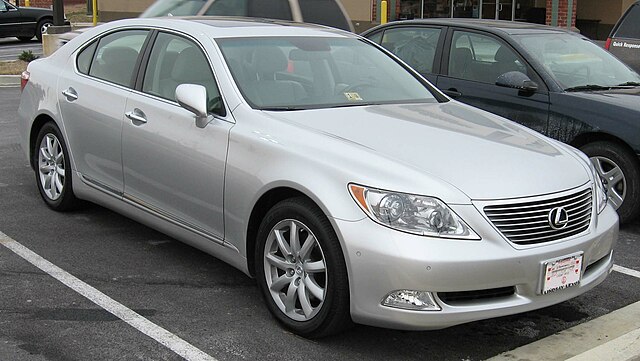
The Lexus LS 460 earned a reputation for reliability and luxury, making it a sought-after sedan during its prime. Yet, as more modern cars entered the market with advanced technology and better fuel efficiency, the LS 460’s appeal began to fade. Though still a dependable vehicle, its outdated infotainment system and higher running costs have contributed to its declining value.
Cadillac STS
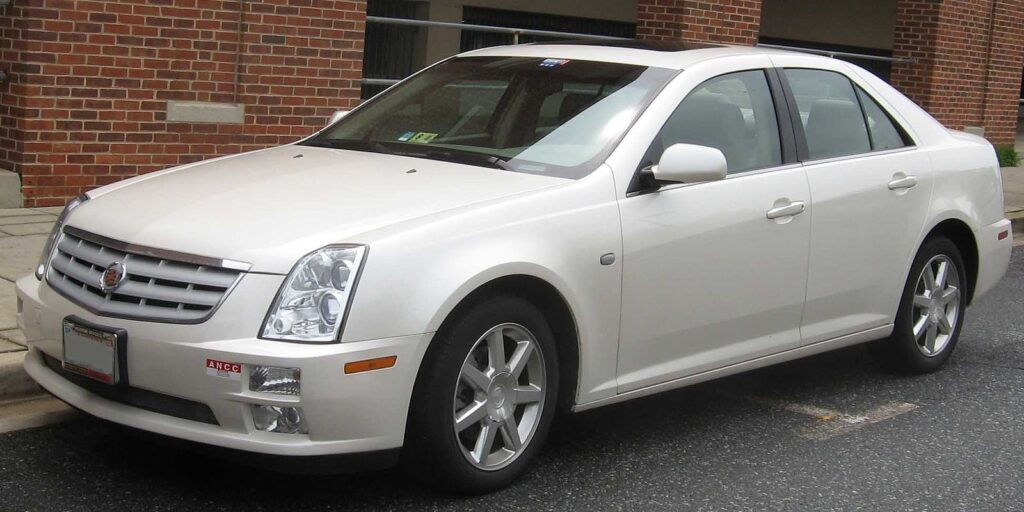
Cadillac’s STS was designed to challenge European luxury sedans, but it never quite managed to capture the same prestige. Over time, its conservative styling and lack of brand cachet have caused it to lose value more rapidly than its European counterparts. Moreover, frequent issues with the Northstar V8 engine, particularly head gasket failures, further accelerated its depreciation.
Infiniti Q45
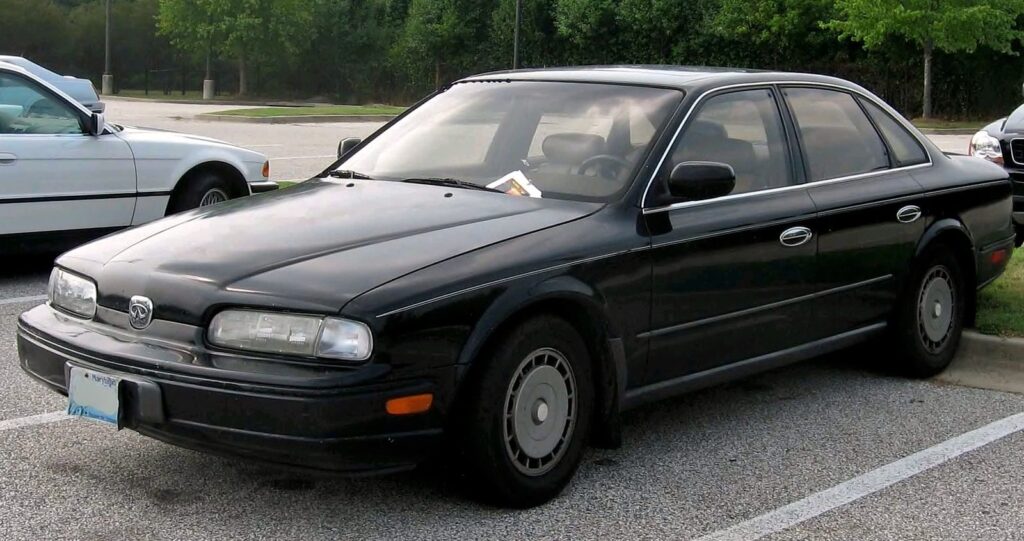
The Infiniti Q45, once the flagship of the brand, impressed with its V8 engine and luxurious interior. However, as Infiniti shifted focus towards SUVs, the Q45 became a casualty of changing consumer preferences. The car’s discontinuation left it without a clear market presence, leading to a significant drop in value.
Maserati Quattroporte V
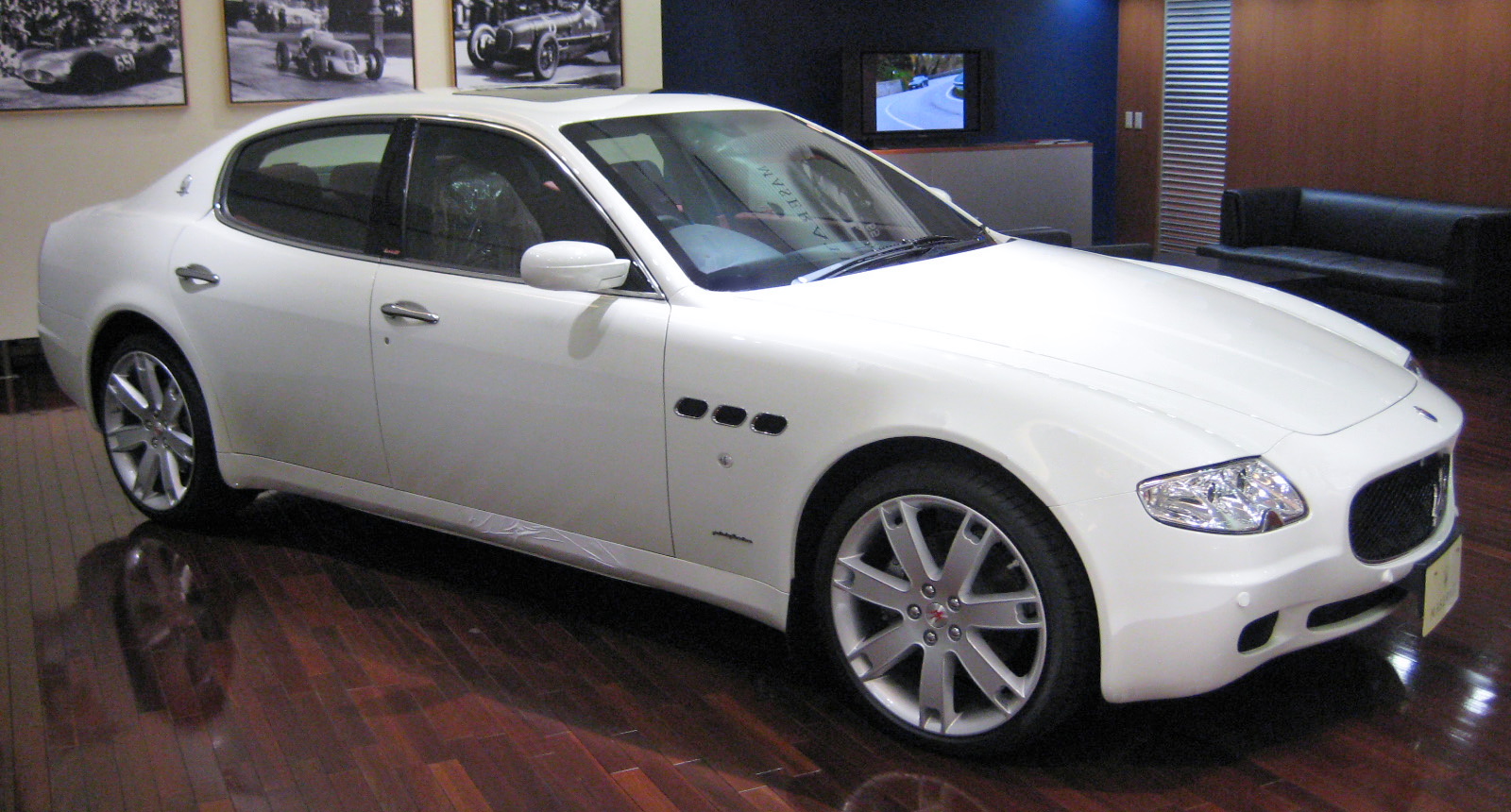
Italian elegance and performance defined the Maserati Quattroporte V, yet its steep depreciation has been driven by persistent reliability issues. Buyers have been deterred by frequent transmission problems and the high cost of repairs, making this once-coveted sedan a risky investment. As a result, its market value has dropped considerably.
Lincoln Town Car
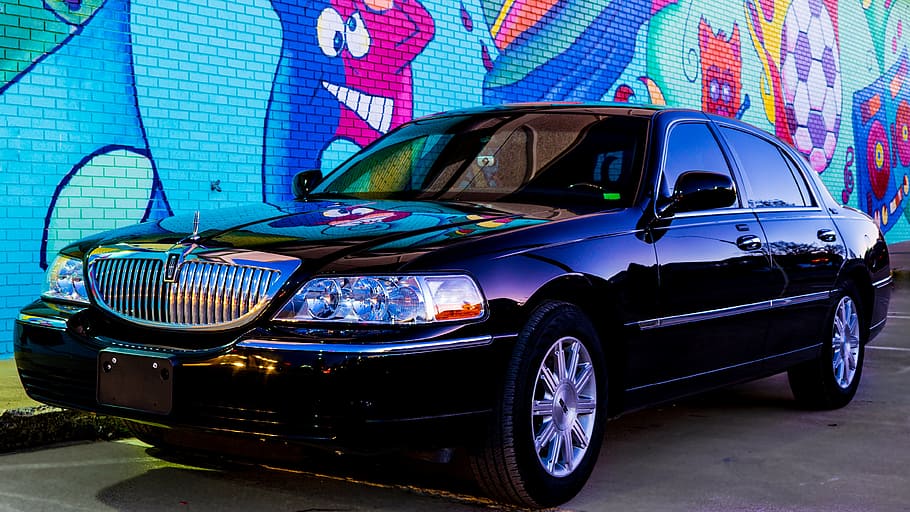
A symbol of American luxury, the Lincoln Town Car was once the go-to choice for limousine services. However, its dated design and the industry’s shift towards more fuel-efficient and modern vehicles have left the Town Car struggling to retain its value. The end of its production in 2011 only further cemented its status as a relic of the past, contributing to its steep depreciation.
Hyundai Equus
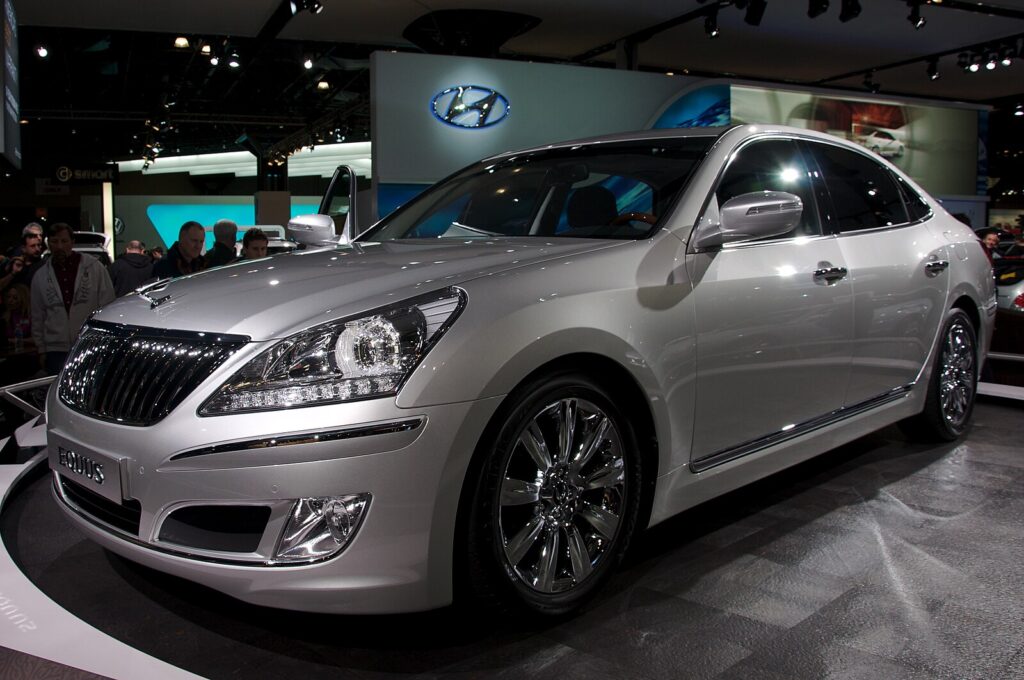
The Hyundai Equus aimed to disrupt the luxury sedan market by offering premium features at a competitive price. Despite its efforts, the Equus struggled to shed Hyundai’s budget brand image, making it difficult to command strong resale prices. The subsequent rebranding to Genesis and the discontinuation of the Equus line further contributed to its rapid depreciation.
Volvo S80
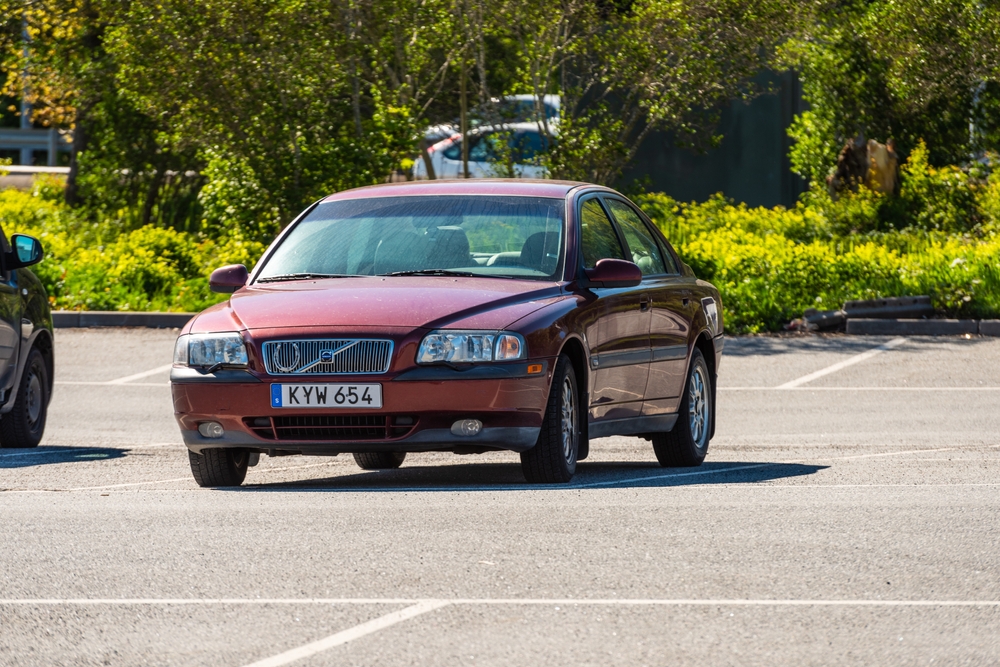
Volvo’s S80 was a hallmark of safety and comfort, appealing to those who valued a serene driving experience. However, its understated design and lack of performance excitement compared to its competitors led to its quick depreciation. As buyers gravitated towards more technologically advanced and dynamic vehicles, the S80 lost much of its allure.
Saab 9-5
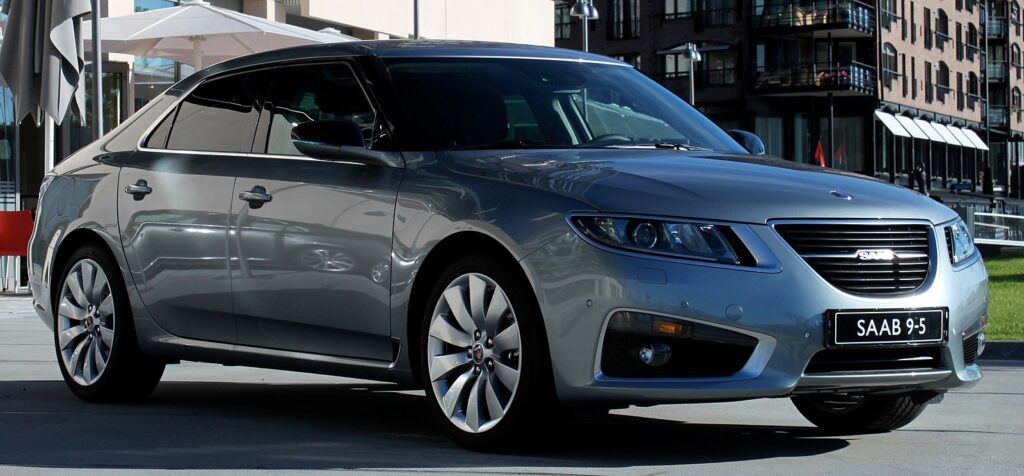
The Saab 9-5 offered a unique blend of design and turbocharged performance, attracting a loyal following during its production years. Unfortunately, Saab’s bankruptcy in 2011 brought about a collapse in brand support and parts availability, which heavily impacted the 9-5’s resale value. The uncertainty surrounding the brand’s future further exacerbated its rapid depreciation.
Genesis G90
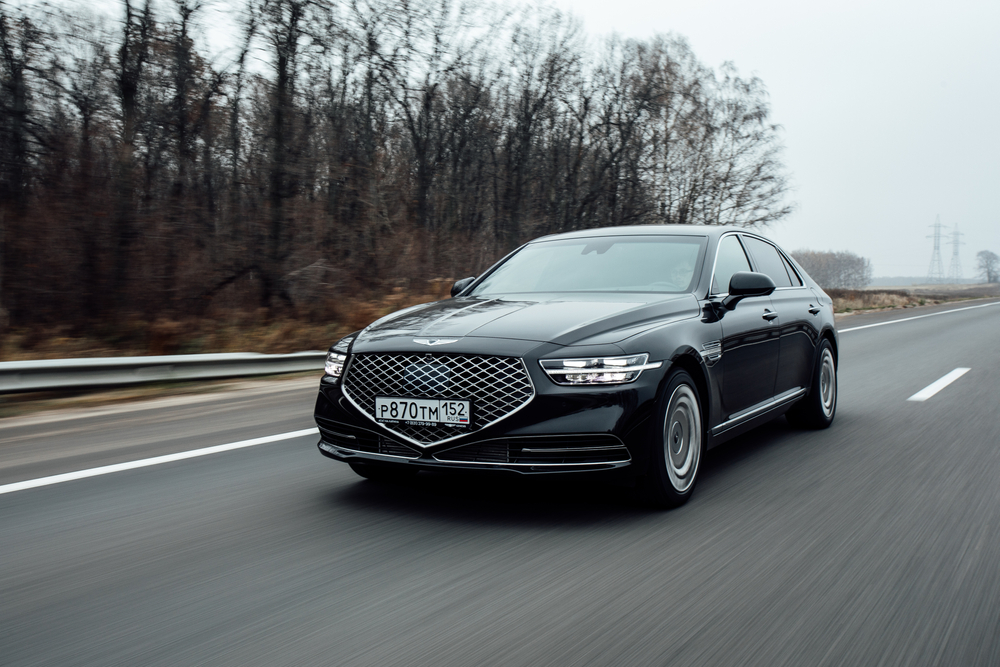
As Genesis attempted to establish itself in the luxury market, the G90 stood out for its opulent features and competitive pricing. Nonetheless, the association with Hyundai and the brand’s relative newness made it difficult for the G90 to hold its value over time. Despite its quality, the market’s hesitation towards a newcomer has led to steep depreciation.
Chrysler 300C
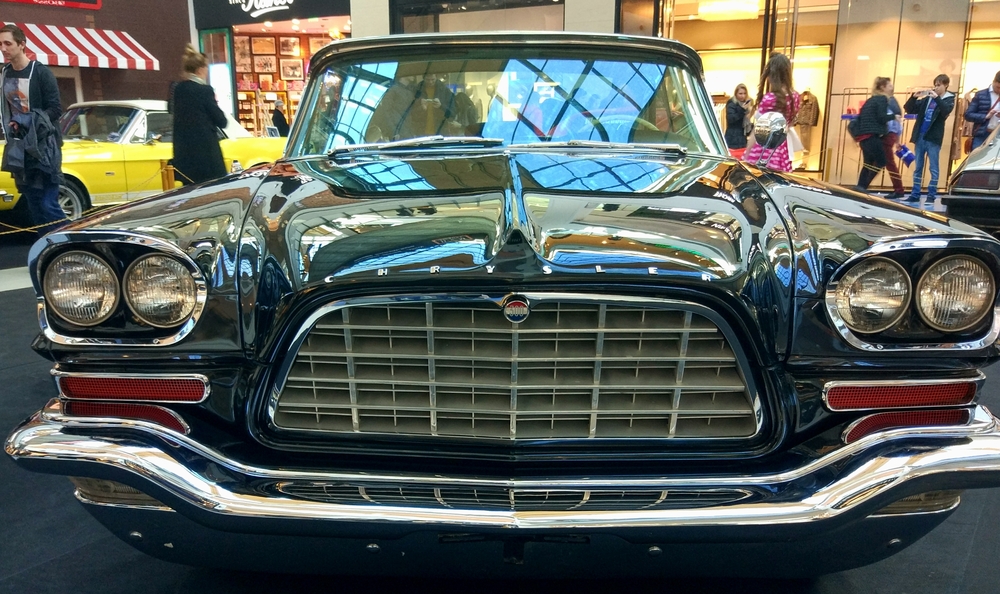
The Chrysler 300C captured attention with its bold, muscular design and powerful V8 engine, making it a standout in its segment. However, as consumer preferences shifted towards more refined and efficient vehicles, the 300C began to lose its appeal. Its aging platform and declining popularity of large sedans have accelerated its depreciation in the used car market.
Jaguar XF
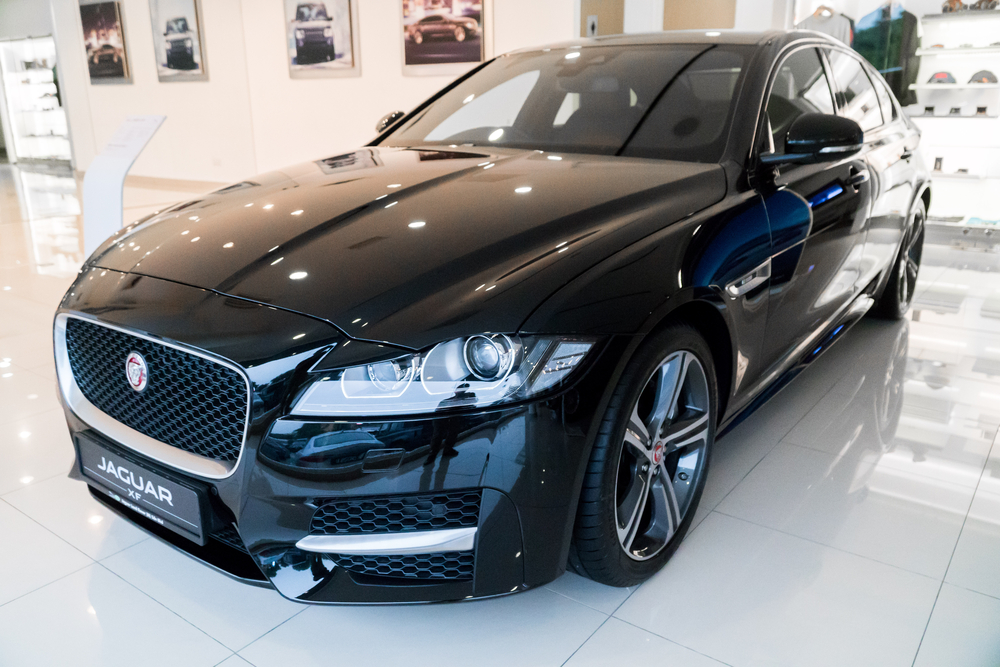
The Jaguar XF initially attracted buyers with its stylish design and dynamic performance, positioning itself as a serious contender in the luxury market. Over time, though, recurring reliability issues, particularly with its electronics and drivetrain, have marred its reputation. As more dependable alternatives emerged, the XF’s value saw a significant decline.
Mercedes-Benz E-Class (W211)
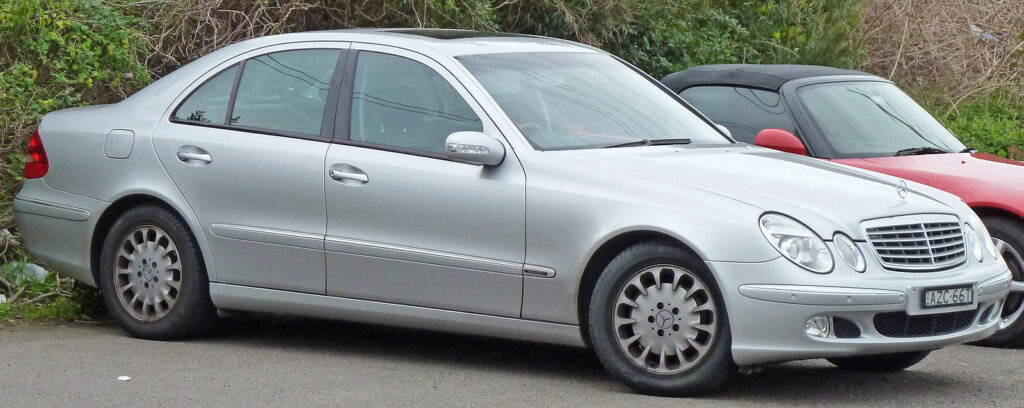
The W211 E-Class, once a benchmark for luxury sedans, faced early challenges with quality control, including problematic electronics and air suspension systems. These issues led to expensive repairs, diminishing the appeal of owning a used W211. As a result, its resale value has taken a substantial hit over the years.
Lexus GS
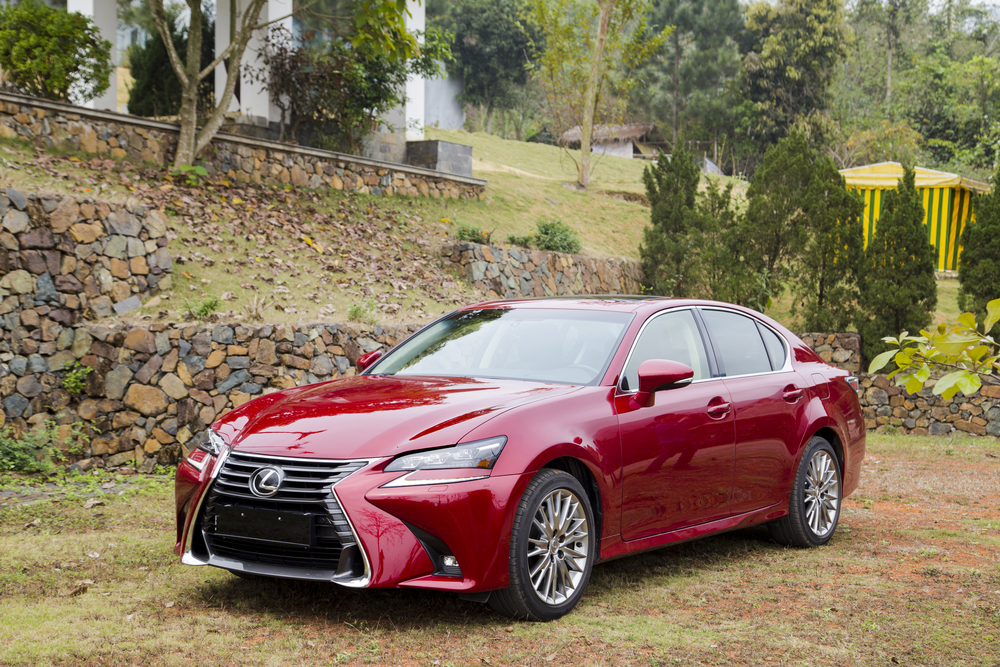
The Lexus GS was a strong contender in the mid-size luxury sedan market, known for its comfort and reliability. However, its conservative styling and lack of a performance edge compared to rivals led to a decline in its desirability. As Lexus pivoted towards SUVs and hybrids, the GS was increasingly overlooked, causing its value to depreciate quickly.
This article originally appeared in MyCarMakesNoise.
More from MyCarMakesNoise
20 Classic Roadsters with Funky Designs That Turn Heads
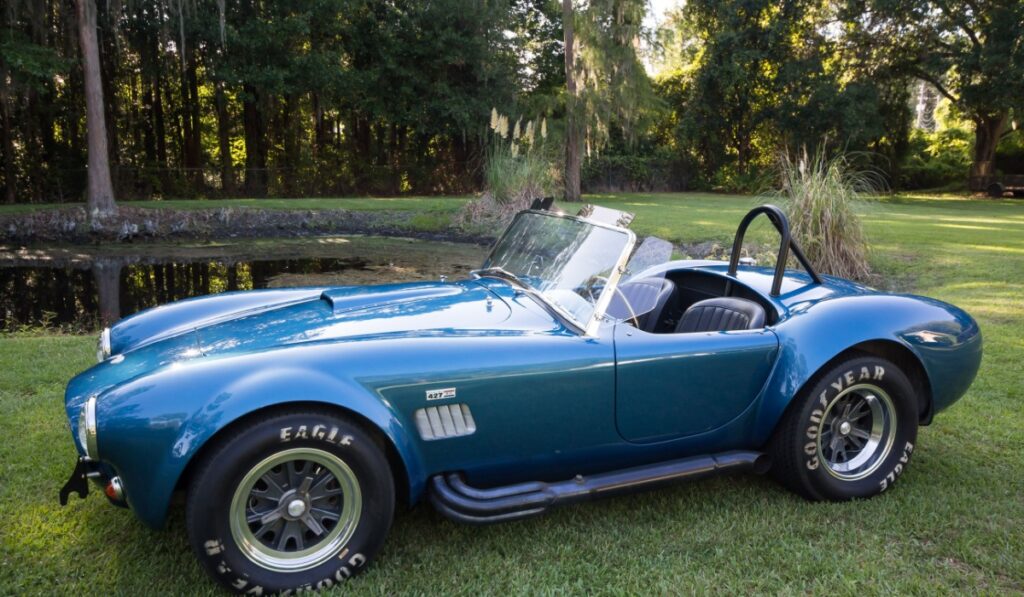
Classic roadsters have always held a special place in the hearts of car enthusiasts. Their sleek designs and timeless appeal never fail to capture attention. In this list, we’ve rounded up 20 funky classic roadsters that are sure to turn heads wherever they go. Read More.
20 High-Performance European Sedans That Outshine Sports Cars
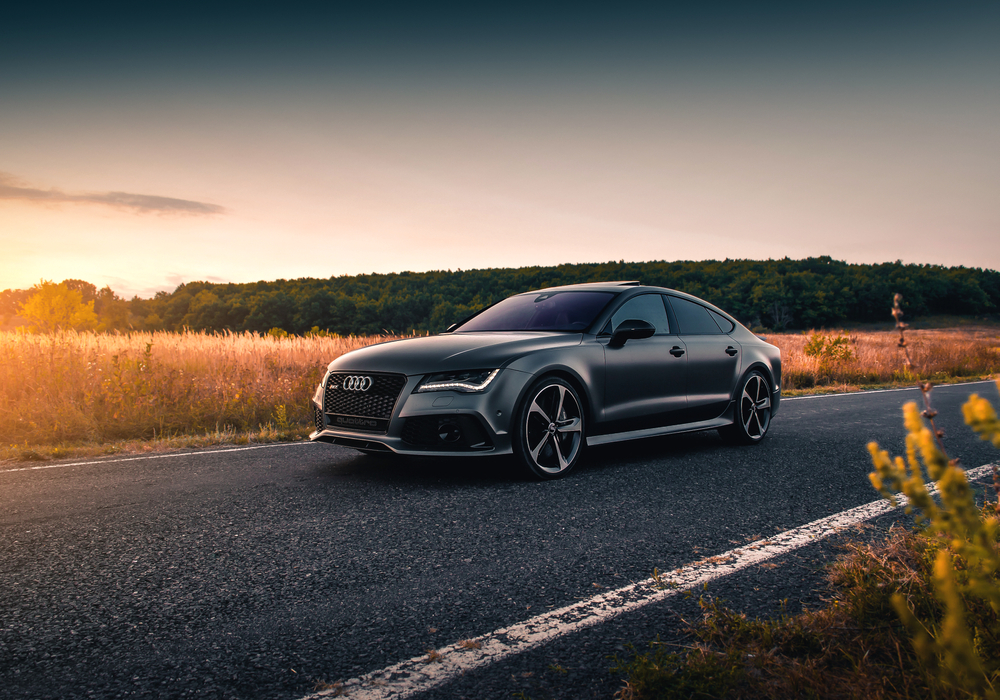
Think sports cars are the only vehicles capable of delivering jaw-dropping speed and performance? Think again. European automakers have been crafting sedans that not only offer luxury and comfort but also pack a serious punch under the hood. Read More.
Top 25 Adventure Motorcycles for Ultimate Off-Road Thrills

Adventure awaits! For those who crave the thrill of off-road excursions, the right motorcycle can make all the difference. In this article, we’ve rounded up the top 25 adventure touring motorcycles that are perfect for tackling rugged terrains and exploring the great outdoors. Read More.

